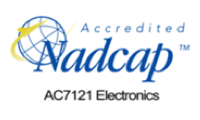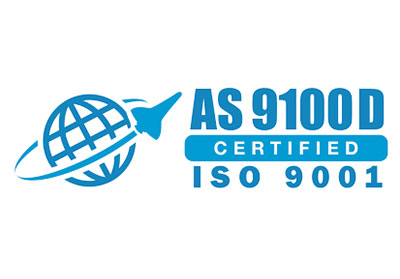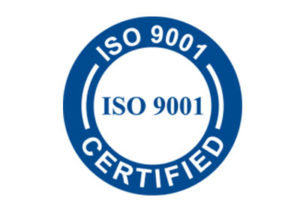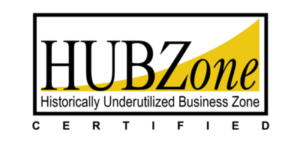Imagine notifying your two largest customers that their lines will be down because you won’t be able to deliver their products for 16 weeks. Imagine the daily conference calls, site visits, audits, and over-time costs while your organization is turned upside down trying to deliver product, all for one simple reason: a key part of the process was never formally documented on an assembly that is newly outsourced, or outsourced from a new supplier.
No matter how well-equipped a manufacturer is, it is often cost-effective and convenient to outsource certain parts to another supplier. Reliability, quality, capacity, and cost are some of the reasons why a manufacturer might choose to outsource an assembly. Outsourcing can be a great strategy, but it can also reveal problems associated with tribal knowledge: key process elements that somehow escaped official documentation.
Usually, a problem with tribal knowledge arises when the previous manufacturer makes a change to a part during manufacturing without proper documentation. These changes include: a difference of settings on tools utilized, alteration of techniques, or the change, addition, or omission of parts. These seemingly small modifications remain hidden throughout the manufacturing process until the assembly is outsourced to another supplier. The assembly is ordered and received, only to find that, while it meets the print, it does not fit into the upper level assembly, or even worse, it fails in service. Now your customer is unhappy because it has taken months to diagnose the problem, get the documentation changed, and have the new, usable assemblies delivered.
Fortunately, there are steps that can be taken to avoid problems that tribal knowledge can cause. Early collaboration between manufacturer and supplier is paramount so that both parties can discuss, witness, and document the manufacturing process. Product and process photography should be employed to ensure that the entire process is captured. Physical “gold standard” assemblies that have been built previously and that are known to be correct are also useful for the new supplier.
It is crucial that manufacturers recognize and avoid unethical suppliers, who often purposely keep information from their customers in order to inhibit them from switching suppliers. And be wary if the supplier also manufactures components for the assemblies–this often provides more opportunities to leverage these practices. Instead, a company should seek suppliers who operate with transparency and integrity. A supplier with such qualities will demonstrate rigorous configuration management and process controls, thereby developing better documentation and products. And if you’re already being held hostage by a supplier, it may become necessary to find a supplier who will re-engineer the designs to lower cost, shorten lead-times, and give the you the option to have another company manufacture the assembly if desired.
Problems associated with tribal knowledge are a common issue in outsourcing, but they are also preventable. By working with ethical suppliers who communicate well and document their processes and products, a manufacturer can avoid the pitfalls of tribal knowledge that lead to products that, while built to the documented specifications, do not meet your form, fit, or function requirements.
Want to learn more? Contact Liberty today!





